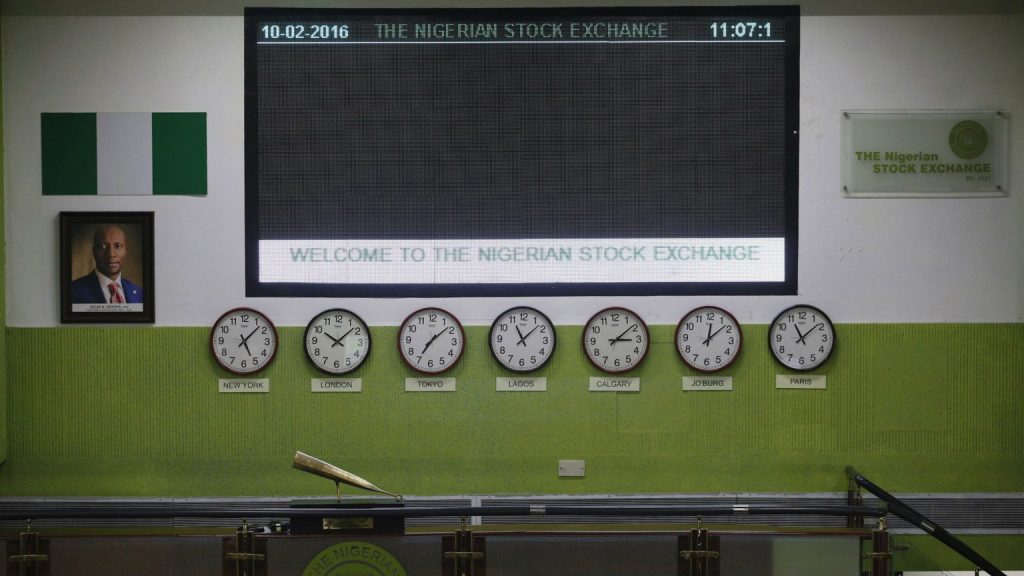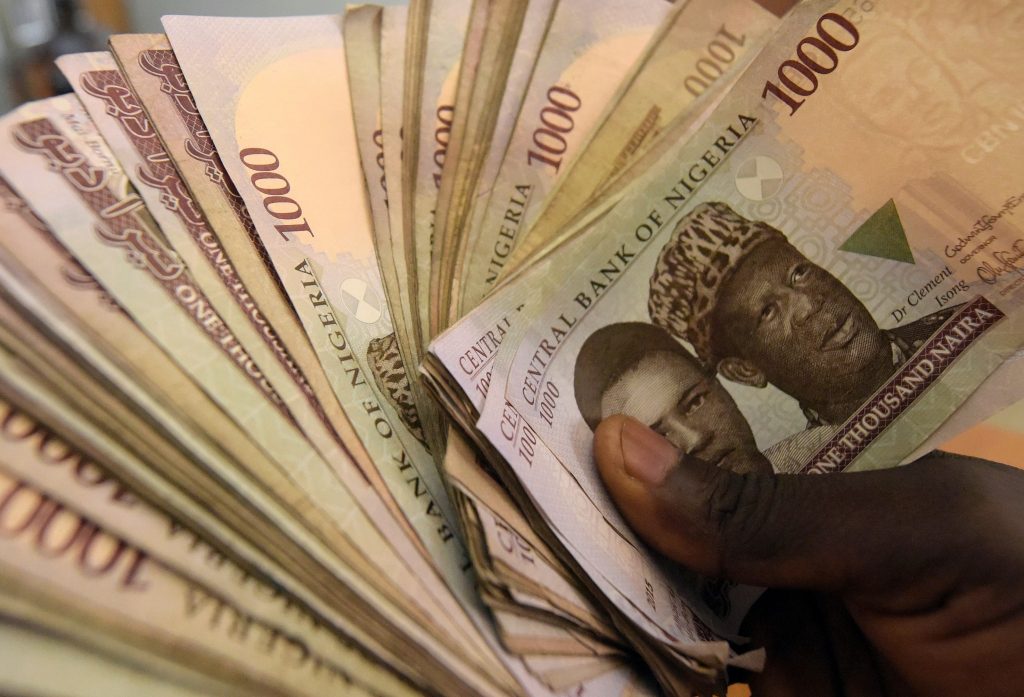Last week, global credit rating agency, Fitch, questioned the recent directive by President Muhammadu Buhari to end foreign exchange for milk importers and food imports in Nigeria. The firm also raised an alarm over what it regards as ‘unconventional policies’ which the Central Bank of Nigeria (CBN) has been adopting recently.
In its latest report titled Nigeria’s Unconventional Policies Aggravate External Vulnerability, Fitch Ratings said the scope, modalities, and timeline of such measures (restriction of forex for food imports) remain unclear. Read more here.
Below is the Ventures Africa Weekly Economic Index, for the week ending 30th of August, 2019. This economic index gives you a glimpse into recent activities in Nigeria’s economy as well as changes and prices that could affect the economy:
Nigerian Stock Exchange

Data released by the Nigerian Stock Exchange (NSE), as of August 30, 2019, showed that the NSE All-Share Index and Market Capitalization both depreciated by 0.99 percent to close the week at 27,525.81 and N13.391 trillion respectively. Similarly, all other indices finished lower with the exception of NSE Insurance Index, NSE MERI Growth Index, and NSE Industrial Goods Index, while the NSE ASeM index closed flat.
Top five price gainers and decliners in the week under review:
Top five price gainers
John Holt Plc.
Continental Reinsurance Plc.
Unity Bank Plc.
Mutual Benefits Assurance Plc.
Stanbic IBTC Holdings Plc.
Top five price decliners
Seplat Petroleum Development Company Plc.
UACN Property Development Company Plc.
International Breweries Plc.
Glaxo Smithkline Consumer Nig. Plc.
University Press Plc.
How did the Naira fare?

The Naira depreciated against the dollar at the close of last week, dropping to 364 Naira per dollar on the 30th of August 2019. This is lower than N359 per dollar it had recorded a week before.
How did the price of oil fare?
Brent oil prices closed out the week on the 30th of August 2019 at $61.13 per barrel, a significant rise from the $58.93 recorded a week earlier. Global information provider, IHS Markit in a report on Thursday said that the Organisation of Petroleum Exporting Countries (OPEC) needs to take action sooner to support oil prices at least around $60 a barrel Brent. This comes amid the growing threat to crude oil demand growth and rising production from the United States.








